New IT Delivery Systems Provide an Example for Elections
Election jurisdictions struggle to collect and disseminate data for evaluating administrative performance and educating the public on essential information. But election administrators seeking to improve their data systems can learn from technology innovations in other government agencies.
For example, the federal government’s General Services Administration in March 2014 launched an in-house digital delivery unit called 18F with a staff of designers and developers recruited from federal agencies and the private sector. The project’s mission is to deliver simple digital services and tools to other agencies and the public at reduced costs. Its work is open source, transparent, and user-focused.
About 75 percent of respondents in a Local Government Procurement Surveyreported that improving procurement of information technology was a medium or high priority. Some municipalities such as Kansas City, Missouri, have already recognized this need and formalized alternative avenues to work with startups to develop and test projects.
Election administrators should look to services such as the 18F and Kansas City’s efforts and modify their own processes to improve data accuracy and collection, competition, and innovation. Organizations such as Democracy Works Inc. are working to standardize data for the Voting Information Project to support efficient delivery of voting information to the public, but more can be done at the state and local levels.
This post was previously featured on Pew’s Election Data Dispatches. The Data Dispatches provide data, research, and analysis about election administration in the U.S.
